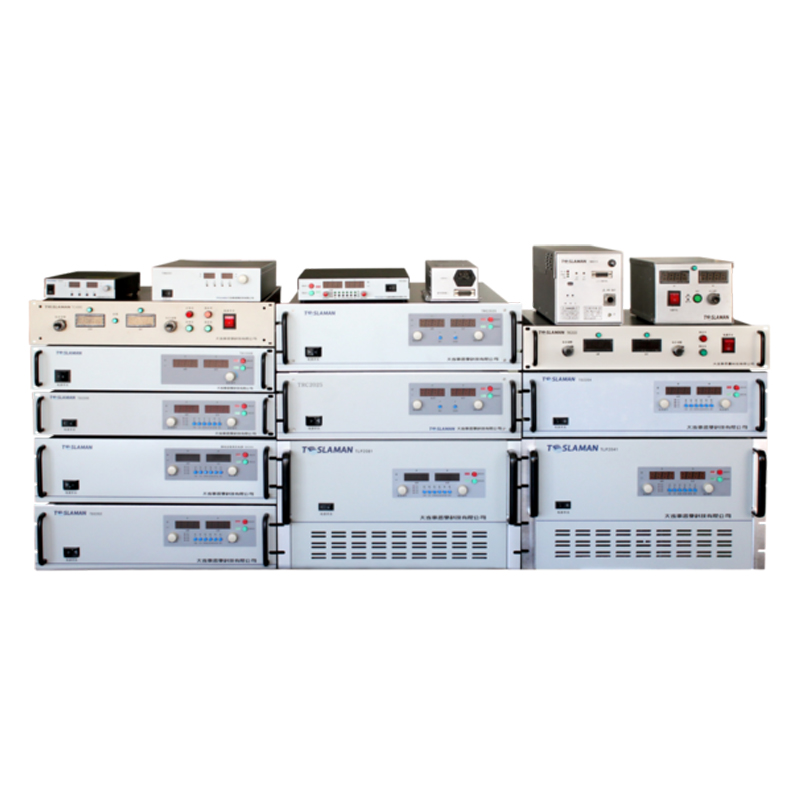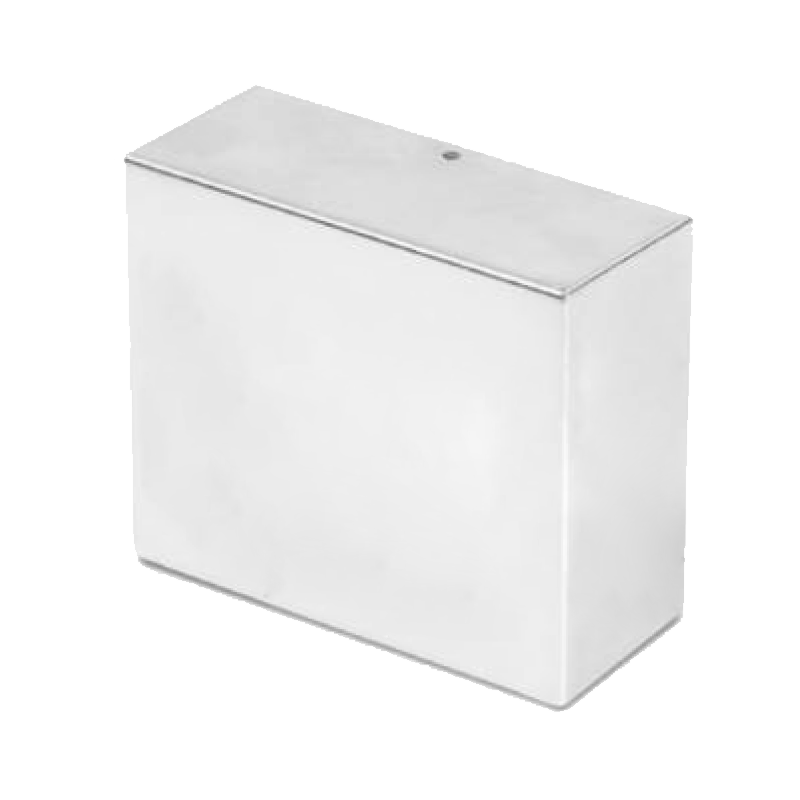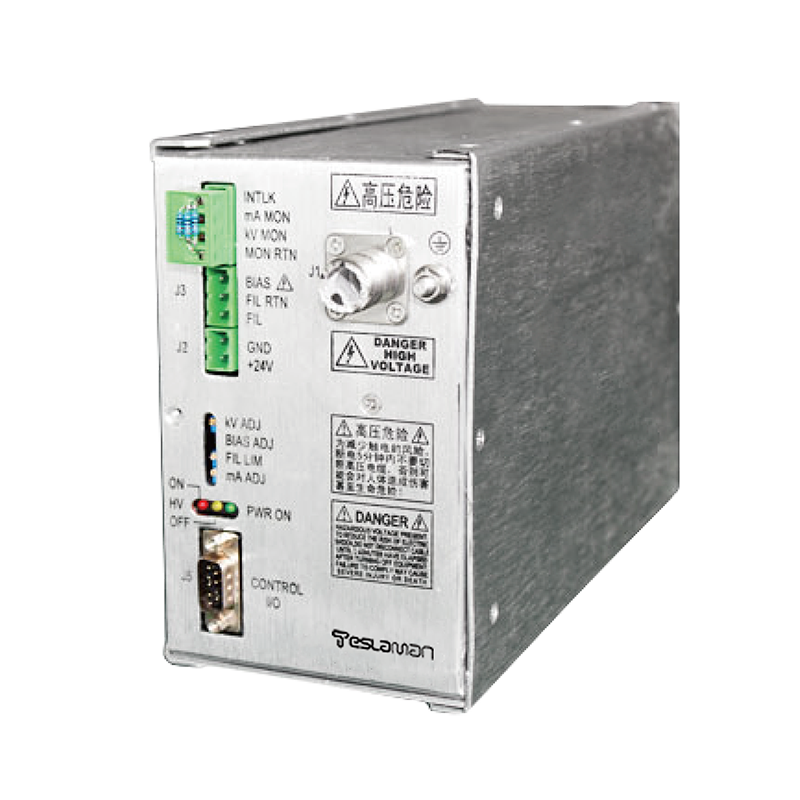Reliability Verification and Performance Analysis of High-Voltage Modular Power Supplies in Medical Diagnostic Instruments
With the continuous advancement of medical technology, the requirements of power systems for medical diagnostic instruments are also increasing. High-voltage modular power supplies, as an important component of these instruments, have their reliability and performance directly related to the accuracy of diagnostic results and the normal operation of the instruments. This article will conduct an in-depth analysis of the reliability verification and performance of high-voltage modular power supplies in medical diagnostic instruments from a professional perspective.
I. Reliability Verification of High-Voltage Modular Power Supplies
Reliability is one of the important indicators for evaluating the performance of power systems. For medical diagnostic instruments, the reliability of the power supply system is directly related to the patient's life and health safety. Therefore, it is necessary to carry out strict reliability verification for high-voltage modular power supplies.
1. Environmental adaptability test
Medical diagnostic instruments may need to work under various environmental conditions, such as high temperature, low temperature, humidity, etc. In order to verify the reliability of high-voltage modular power supplies under different environmental conditions, environmental adaptability tests should be conducted. By simulating various extreme environmental conditions, it is tested whether the performance of the power module is stable, and whether the output voltage and current meet the technical specifications.
2. Long-term operation test
The long-term operation test is an effective means to evaluate the lifespan and stability of the power module. By allowing the power module to work continuously under rated load for thousands of hours, observe whether its output performance changes, and whether there are phenomena such as overheating and damage.
3. Anti-interference capability test
Medical diagnostic instruments may be subject to electromagnetic interference from the external environment during operation, such as X-rays, radio frequency, etc. In order to ensure the reliability of the power module in complex electromagnetic environments, anti-interference capability tests should be conducted. By applying a certain intensity of electromagnetic interference signals, it is tested whether the output performance of the power module is affected.
II. Performance Analysis of High-Voltage Modular Power Supplies
In addition to reliability verification, a comprehensive analysis of the performance of high-voltage modular power supplies is also very important. This helps to better understand the working principle, performance characteristics, and possible problems of the power module.
1. Output performance analysis
Output performance is one of the core indicators for evaluating the performance of power modules, including output voltage range, output current range, output power, and other parameters. Through the testing and analysis of these parameters, it can be understood whether the output performance of the power module meets the design requirements under different load conditions.
2. Efficiency analysis
High-efficiency power modules can not only reduce energy consumption but also reduce heat generation, which is beneficial to improve the overall performance of the instrument. By analyzing the efficiency of the power module, its energy efficiency performance under different load conditions can be evaluated.
3. Temperature rise analysis
Temperature rise is one of the important factors affecting the performance and lifespan of the power module. Through the testing and analysis of the temperature rise of the power module, it can be understood whether its heat dissipation performance is good under different working conditions, and whether there is a risk of overheating.
In summary, the application of high-voltage modular power supplies in medical diagnostic instruments requires strict reliability verification and comprehensive performance analysis. Only by ensuring that the power module has good reliability and excellent performance can it provide a strong guarantee for the stable operation of medical diagnostic instruments.




















